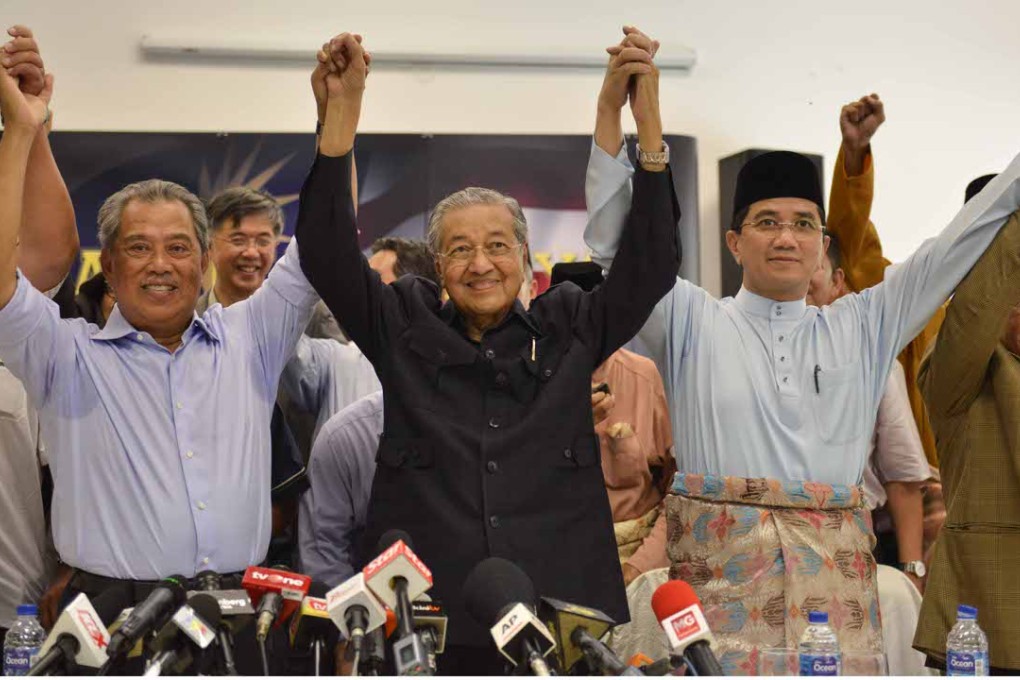Malaysia’s Mahathir-led opposition movement powerful but unlikely to oust Najib

At the age of 90, Malaysia’s former leader Dr Mahathir Mohamad has reinvented himself to become the country’s de facto opposition leader in his battle to oust Prime Minister Najib Razak, who is engulfed in a massive financial scandal involving state investment firm 1 Malaysia Development Bhd (1MDB).
Malaysians were captivated on Friday by the sight of Mahathir sitting together with his former foe, senior opposition figure Lim Kit Siang of the Democratic Action Party (DAP), when he launched Citizens’ Declaration, a signature campaign calling for Najib’s removal. Mahathir had jailed Lim during his time in office.
Mahathir also received support from another one-time enemy, imprisoned opposition leader Anwar Ibrahim.
The coming together of long-time rivals, social activists, non-government organisations as well as some members of the ruling Umno party reflects the deep frustration and anger felt by many Malaysians over Najib’s alleged corruption and mismanagement.

However rousing the sight of politicians and civil society uniting to oust Najib may be to the disenchanted, the realities are more sobering – Najib is too entrenched in the system to be removed for now.